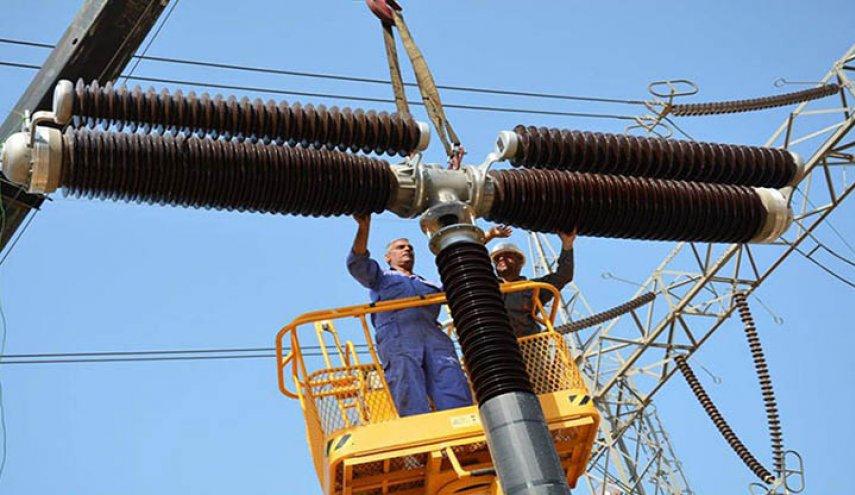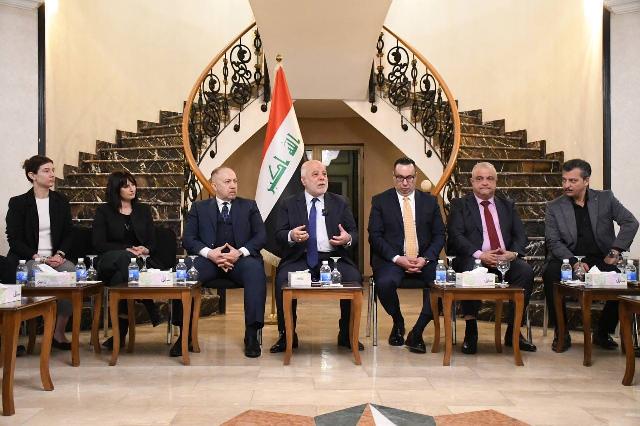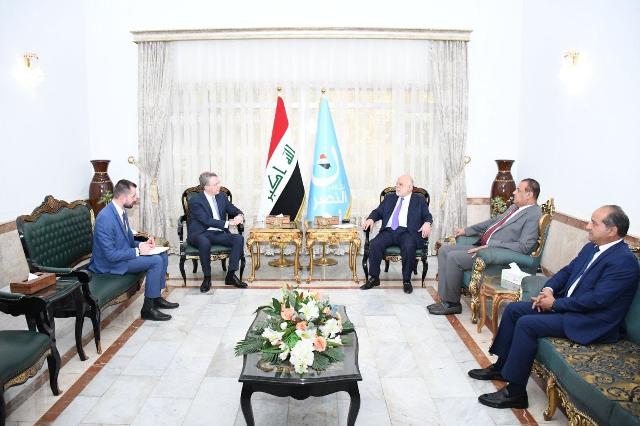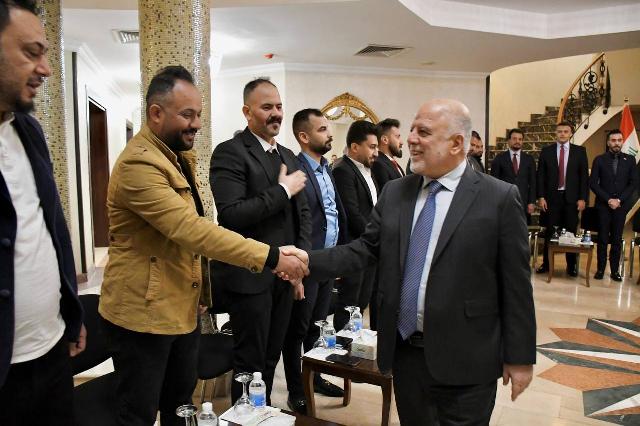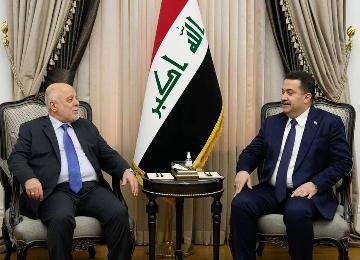Some of what the government of Dr. Al-Abadi achieved 2014-2018
It is not a claim, but a fact. What we are saying here is not a claim but a fact, not a glorification for Abadi's persona, as much as it is a documentation of a stage in the history of Iraq that is considered the most dangerous to the existence and destiny of the country as a state.
Judging whether the stage succeeded or failed must be based on the nature of the historical period that it experienced, and the type of challenges it faced.
When we say that Abadi succeeded as a ruler, policy, and administration, we must here recall the stage of Abadi in which he received the rubble of a state, and how he delivered it as a recovered state that has just begun the process of its rise on the right track.
Fair-minded people must compare Iraq in 2014 when Abadi received the responsibility for governing Iraq with Iraq in 2018; the year in which he left power, and how his government with the power of people, good performance, and the integrity of politics, turned defeat into victory.
Iraq, as a state and nation, has not only defeated ISIS, partition, chaos, and collapse, but has emerged with stronger unity, better economy, better security, optimum sovereignty, and brighter future.
You can also compare how pre-Abadi Iraq was, with how post-Abadi Iraq became.
The story does not relate to persons as much as it relates to the mind, culture, and policies of governance as a responsibility and efficiency.
In a simple inventory, a fair-minded person will see how the rule of Abadi:
1-Saved the state from collapse due to terrorism and bankruptcy, preserved the security and societal stability, eliminated the societal sectarianism, rebuilt our military and security institutions professionally, conducted the governmental reduction, and merged and canceled 10 ministries. At the time he was fighting and winning, he was also running and winning the state’s political, economic, and sovereign action.
2-Secured the salaries of employees and retirees while receiving an empty budget amid the collapse in oil prices, which fell to less than $ 30 a barrel. Raised the social welfare ceiling, preserved the basics for the displaced, the immigrants, and the martyrs' families, and proceeded to restore stability and reconstruction in the liberated areas.
3-It has achieved the best security for cities in years. In 2014, terrorists exploded 202 car bombs only in Baghdad, while 2017 recorded only 19 car bombs, and in 2018, there was no explosion. In 2014 Baghdad witnessed the bombing of about 1,300 explosive devices, while in 2017 it recorded the bombing of 200 explosives. The government, with proactive plans and persistent security efforts, was able to reduce the number of martyrs and wounded from about 1000 in 2014 to 230 in 2018. Also in 2014, nearly 900 shells fell while the number decreased in 2017 to 6. About 180 explosive belts and 200 explosive devices were seized in the entire country.
4-Saved the economy from collapse, and the dinar from falling, despite the loss of more than two-thirds of the oil price rates. Achieved an increase in oil and gas production to 116%, accomplished the transformation towards decentralization by 81%, proceeded to pursue corruption and waste, cut 38% of the total budget outlays for operating expenditure, and promoted the performance of service institutions by 71% of the government program.
5-Launched Iraq Economic Vision 2030, started working with the Poverty Reduction Strategy 2018-2022, enacted the Unified Social Insurance Act for the public and private sectors.
6-Improved electricity production from 11,000 MW to 17,000 MW, except Kurdistan Region System. Began activating the Industrial Strategy in Iraq 2030, launched the Social Fund for Development Project in Iraq, and reformed the Social Protection System 2015-2019.
7-Submittied the Simplified Loan Project with about 6 trillion dinars as loans to young men and housing, and paid approximately 8 trillion dinars as dues to contractors and farmers as actionable debentures to stimulate market activity.
8-Raised the level of cash reserve from $ 42 billion to $ 50 billion, despite the scarcity of financial resources, the costs of the war against terrorism, and the state’s obligations to its citizens and institutions.
9-Decreased the poverty rate in 2018 to 20% after it recorded more than 22% in 2014, despite the scarcity of capabilities and expenditures of the war effort.
10-Initiated activating finance and civil borrowing to raise working rates in small and medium projects to absorb unemployment through the joint financing fund, whose sums are estimated at about 25-30 trillion dinars to support the private sector.
11-Gained the world's trust in us as a country and people, achieved balance in international regional relations in a way that secures Iraq's interests and sovereignty, succeeded in getting Iraq out of the domination of the Seventh Item, so the state returned to its natural status and its international position, as many countries entered into agreements and partnerships with Iraq, including strategic partnership with the European Union And the strategic cooperation agreement with China, in addition to political openness and economic partnerships with the countries of the region. Despite the challenges and the limited capabilities, Iraq succeeded with Abadi and became a role model of steadfastness and success.


